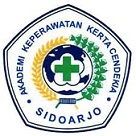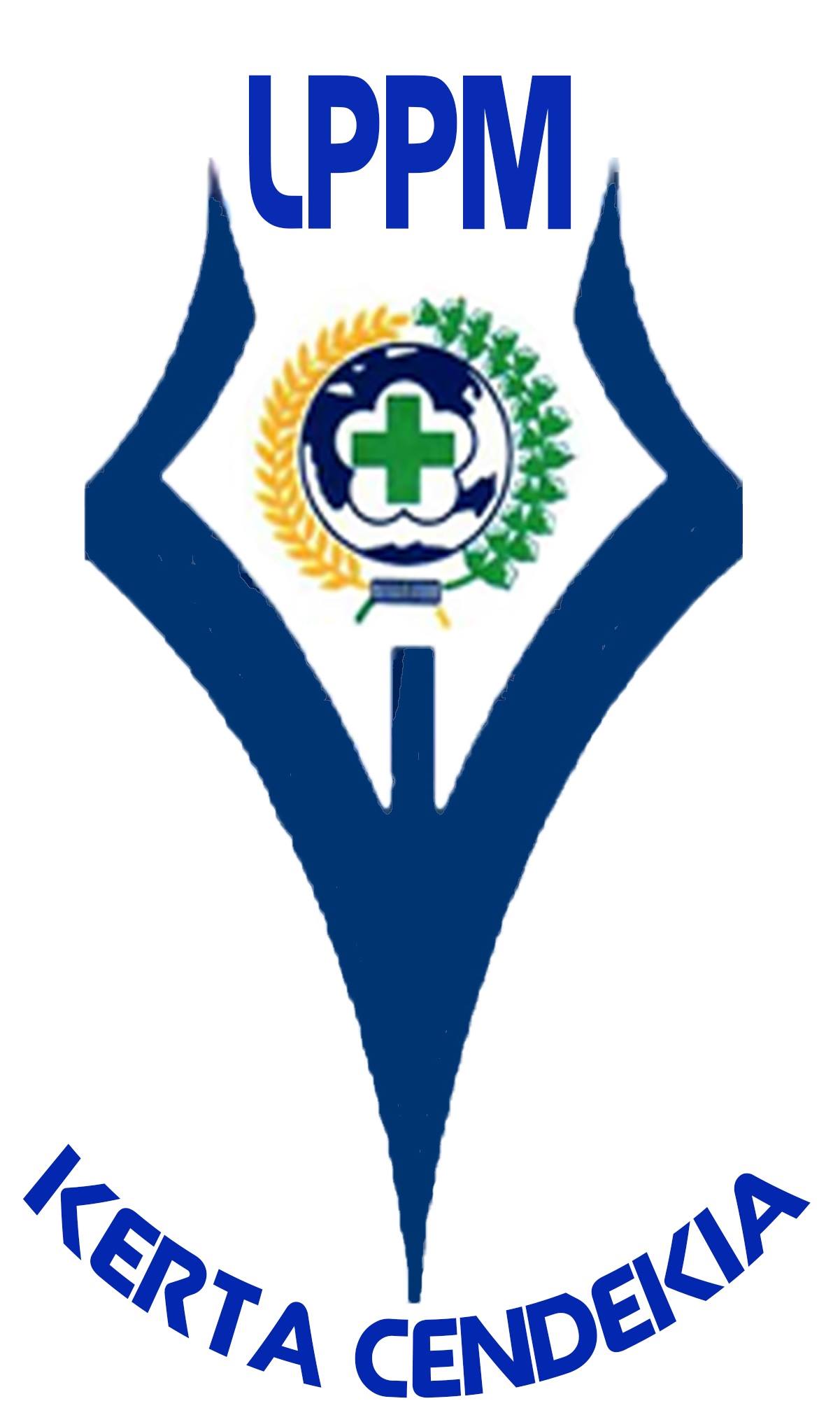COMPARISON OF AUTHENTICITY AND TRANSFORMATIONAL TRAITS BETWEEN NURSING STUDENTS LEVEL 1 TO 4
DOI:
https://doi.org/10.36720/nhjk.v12i2.533Keywords:
Authenticity and transformational, Leadership traits, Nursing studentAbstract
Background: Today nursing students are the future leader. Based on behavioral theory, leaders are made. So, nursing college is one of the institutions that produce nursing leaders. There are 25 traits of successful leaders that can be learned and practiced in nursing schools. So, it is necessary for nursing schools to evaluate these leadership traits among the students. The study benefits the schools whether to maintain or revise the curriculum related to leadership and management courses.
Objectives: This study aimed to describe and to compare nursing students’ Authenticity and transformational leadership traits between level 1 to 4.
Methods: Comparative design was used in this study with the participation of 144 nursing students from level 1-4. Data are collected by using self-authentic and transformation questionnaire. Data are analyzed using SPSS descriptive and comparative analysis.
Results: There are three Authenticity &Transformational traits that have been practiced as always by level 4 students who have working experience with the highest mean value of 4.0. They are fair, self-directed, and clear in communication & collaboration. There are different mean values of Authenticity &Transformational traits at each level of students. There are significant differences found in several levels.
Conclusion: Based on the result, there is a big room for improvement in terms of practicing Authenticity &Transformational traits among nursing students. It is necessary for nursing schools to review and revise the leadership and management class instruction and activities in developing Authenticity &Transformational traits to a maximum level.
Downloads
References
Alilyyani B, Wong C, Cummings G (2018). Antecedents, mediators, and outcomes of authentic leadership in healthcare: a systemic review. Int J Nurs Stud. ;83: 34–64.
Bartges M. (2012) Pairing students in clinical assignments to develop collaboration and communication skills. Nurse Educ. 37(1):17-22. doi: 10.1097/NNE.0b013e318238372c. PMID: 22157997.
Boyer SL, Edmondson DR, Artis AB, Fleming D. (2014). Self-directed learning: a tool for lifelong learning. J Market Educ. ;36(1):20-32
Choi, S., Goh, C., Adam, M., & Tan, O. (2016). Transformational Leadership, Empowerment, and Job Satisfaction: the Mediating Role of Employee Empowerment. Human Resources for Health, 73.
Clark, C. C. (2009). Creative Nursing Leadership and Management. Boston: Jones and Bartlett Publisher
Covelli, B, Mason, I.(2017) Linking theory to practice: authentic leadership. Acad Strategic Manage J. ;16(3):1–10.
Datta, B. (2015). Assessing the Effectiveness of Authentic Leadership. International Journal of Leadership Study, 62-75.
Dictionary. (2020, February 19). Fairness. Retrieved from Cambridge University Press: https://dictionary.cambridge.org/dictionary/english/fairness
Dorolen, W., & Sonya, G. (2013). In Retrospect: Selfless i Nursing A win-win-win Solution. Journal of Christian Nursing, 184.
Eib, C., Bernhard-Oettel, C., & Leineweber, C. (2016, October 19). Fairness in the workplace relates to health over time. Retrieved from HR: https://www.hrmagazine.co.uk/article-details/fairness-in-the-workplace-relates-to-health-over-time
Gardner WL, Cogliser CC, Davis KM, Dickens MP. (2011). Authentic leadership: a review of the literature and research agenda. Leadership Q. ; 22:1120–1145
Galletta M, Portoghese I, Battistelli A, Leiter MP. (2013). The roles of unit leadership and nurse-physician collaboration on nursing turnover intention. J Adv Nurs. 69 (8):1771-84. doi: 10.1111/jan.12039. Epub 2012 Nov 16. PMID: 23157322.
Gogola, D. B. (2018). Selfless Caring of theory commitment. International Journal of Nursing Science, 45-50.
Robinson, J.D, PharmDa , Adam M. and Persky (2020). Developing Self-Directed Learners. American Journal of Pharmaceutical Education 2020; 84 (3): 292-296
Johnson, S. (2019). Authentic Leadership Theory and Practical Applications in Nuclear Medicine. Journal of Nuclear Medicine Technology, 181-188.
Leonard, J.C., Whiteman, K., Stephens, K., Henry, C., Swanson-Biearman, B., (May 31, 2022) "Improving Communication and Collaboration Skills in Graduate Nurses: An Evidence-based Approach" OJIN: The Online Journal of Issues in Nursing Vol. 27, No. 2,
Li, S., Gong, H., Pan, J., Wu, X. (2021). Relationship Between Undergraduate Nursing Students’ Self-Directed Learning and Training Demands for Nursing Information System: A cross-sectional study. Computers, Informatics, Nursing 39(12):p 908-915, DOI: 10.1097/CIN.0000000000000716
Ma C, Shang J, Bott MJ. (2015). Linking Unit Collaboration and Nursing Leadership to Nurse Outcomes and Quality of Care. J Nurs Adm. ;45(9):435-42. doi: 10.1097/NNA.0000000000000229. PMID: 26301550.
Medicine, I. O. (2004). Keeping Patients Safe: Transforming the Work Environment of Nurses. Washington DC: National Academic Press.
Panyuwa, A. A., & Dwiantoro, L. (2021). The Influence of Transformational Leadership on Nurse performance in Tuberculosis Treatment: a Narative Review. Nurse and Health: Jurnal Keperawatan, 10(2), 330-336. https://doi.org/10.36720/nhjk.v10i2.280
Ping, Y., MacLennan, S., Hunt, N., & Cox, T. (2015). The Influences of Nursing Transformational Leadership Style on the Quality of Nurses’ Working Lives in Taiwan: a Cross-sectional Quantitative Study. BMC Nursing, 33.
Pratt, M. (2023, September 10). Authentic Leadership. Retrieved from TechTarget: https://www.techtarget.com/searchcio/definition/authentic-leadership#:~:text=Authentic%20leadership%20is%20a%20type,and%20strong%20performance%20from%20employees.
Saks K, Leijen A (2014) . Distinguishing self-directed and self-regulated learning and measuring them in the e-learning context. Procedia Soc Behav Sci. ;112:190-198
Sihombing, R., Tahulending, P., Agustine, U., Rumerung, C., Hutapea, A., Manalu, N., . . . Purba, D. (2021). Manajemen Keperawatan. Medan: Yayasan Kita Menulis.
Simbolon, I., and br perangin-angin, M.A. (2020). Evaluation of Self-transformational and Authenticity Among Students in College of Nursing. Klabat Journal of Nursing, v. 2, n. 1, p. 1-10, apr. 2020. ISSN 2685-7154. doi: https://doi.org/10.37771/kjn.v2i1.416.
Semedo, A.S., Coelho, A. and Ribeiro, N. (2018), The relationship between authentic leaders and employees’ creativity: What are the roles of affective commitment and job resourcefulness? International Journal of Workplace Health Management, Vol. 11 No. 2, pp. 58-73. https://doi.org/10.1108/IJWHM-06-2017-0048
Swaina, A., Cao, Q., & Gardner, W. (2018). Six Sigma success: Looking through authentic leadership and behavioral integrity theoretical lenses. Operation Research Perspective, 120-132.
Vasiliki Matziou, Efrosyni Vlahioti, Pantelis Perdikaris, Theodora Matziou, Efstathia Megapanou & Konstantinos Petsios (2014) Physician and nursing perceptions concerning interprofessional communication and collaboration, Journal of Interprofessional Care, 28:6, 526-533, DOI: 10.3109/13561820.2014.934338
Vocabulary.com. (2020, February 28). Unselfishness. Retrieved from Vocabulary.com: https://www.vocabulary.com/dictionary/unselfishness
Weng, R., Huang, C., Chen, L., & Chang, L. (2015). Exploring the Impact of Transformational Leadership on Nurse Innovation Behaviour: a Cross-sectional Study. Weng, R.H., Huang,C.Y., Chen, L.M., and Chang, L.Y., (2015) Exploring the impact of transformational leaderJournal of Nursing Manajemen, 427-439.
Downloads
Published
How to Cite
Issue
Section
Citation Check
License
Authors who publish with Nurse and Health: Jurnal Keperawatan agree to the following terms:
- Authors retain copyright licensed under a Creative Commons Attribution-NonCommercial 4.0 (CC BY-NC 4.0), which allows others to remix, tweak, and build upon the authors' work non-commercially, and although the others' new works must also acknowledge the authors and be non-commercial, they don't have to license their derivative works on the same terms.
- Authors are permitted and encouraged to post their work online (e.g., in institutional repositories or on their website) prior to and during the submission process, as it can lead to productive exchanges, as well as earlier and greater citation of published work (See The Effect of Open Access). Authors can archive pre-print and post-print or publisher's version/PDF.









